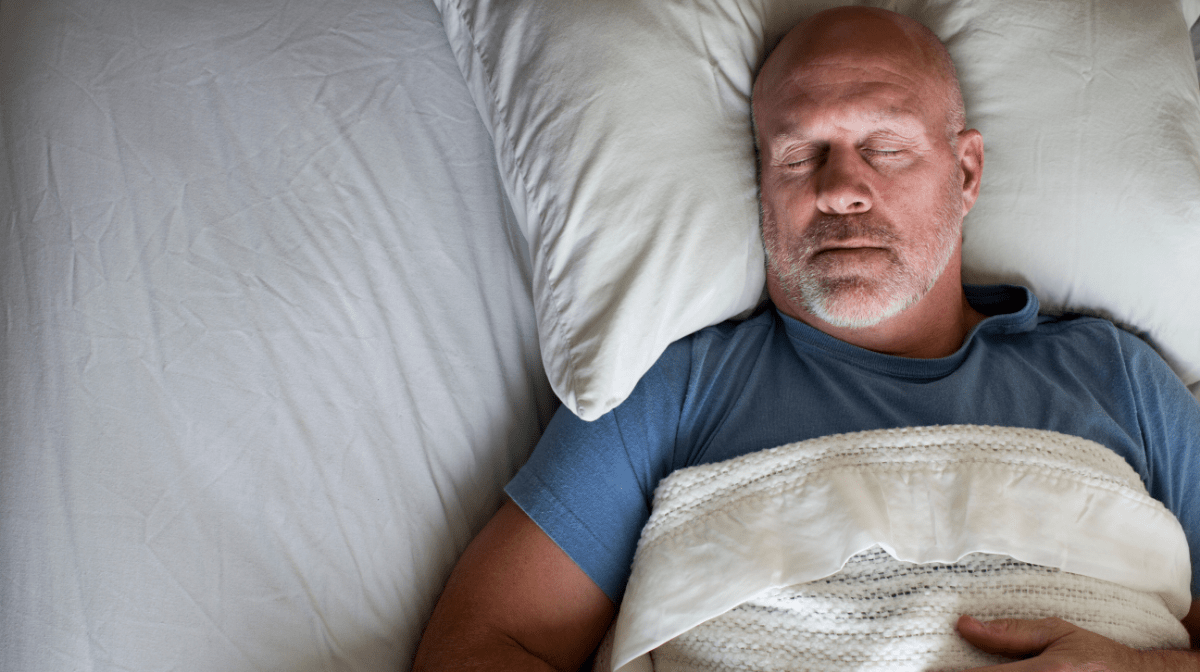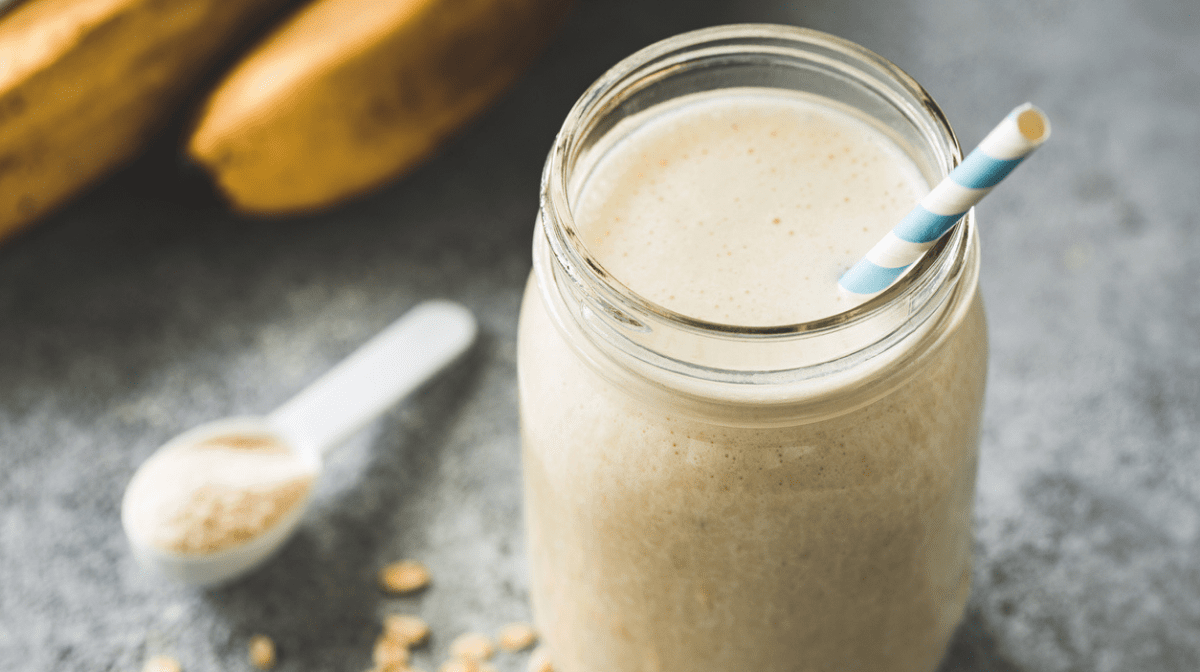Why is getting a good night sleep so important?
A good night sleep is vital for maintaining good physical health. Body processes such as muscle growth, tissue repair and protein synthesis all occur while you sleep. It restores us physically and mentally, leaving us feeling refreshed and energised and enhancing our productivity.
According to the National Sleep Foundation, adults need between 7 and 9 hours of sleep a night but 1 in 6 people in the UK get by on less than 6 hours. Many people experience disruptions to their sleep such as snoring, waking up in the night, waking up too early or waking up feeling unrested and groggy in the morning.
Not only does sleep deprivation lead to tiredness, stress and low moods, but it has a physical impact and can contribute to obesity, diabetes, high blood pressure, poor immune function, increased inflammation and heart disease.
How could a sleep deficit contribute to obesity?
Lack of sleep affects levels of the hormones Leptin and Ghrelin, which regulate your appetite and satiety. In an optimally functioning brain, these two hormones are released on and off to regulate normal feelings of hunger. However, research has shown that sleep deprivation decreases Leptin, the hormone which suppresses appetite and increases Ghrelin, a hormone which stimulates appetite. This makes you more likely to consume additional calories in an attempt to ‘wake yourself up’, leading to overeating and weight gain.
What factors affect our sleep?
Sleepiness is regulated by the body’s circadian rhythm which causes most people to feel their sleepiest between the hours of midnight and 7am.
However, there are many factors that can disrupt our natural sleep cycle, including consumption of caffeine, nicotine and alcohol, or the overconsumption of food too close to bedtime. Sleep disorders like insomnia and sleep apnea can also play a role, as can hormonal imbalances causing hot flushes, psychological disorders.
Furthermore, depression, chronic pain, noise, harsh lighting or uncomfortable temperatures and work schedules that require overnight shifts can all disrupt your pattern and prevent you from getting a good night sleep.
How to get a good night’s sleep
There are a number of things you can do to try and increase your chance of getting a good night’s sleep.
Lifestyle Habits
- Decide what time you want to go to sleep and wake up each morning and stick to those times, even on weekends if you can, and if it’s convenient. Establishing a routine gets your body used to resting at a certain time and therefore increases your chance of sleeping more soundly
- Avoid napping if you can, especially 3-4 hours before your bedtime. If you feel tired when you get in from work, refrain from sleeping and instead have dinner and go to bed at an earlier time than usual
- Avoid caffeine, alcohol and heavy foods 2-3 hours before bedtime, as these are all things that your body has to work hard to digest, meaning it won’t be resting at nighttime
- Avoid drinking lots of fluids too close to bedtime to reduce the need to make trips to the bathroom during the night
Change Your Sleep Environment
- Use comfortable bedding, with a duvet weight that’s appropriate for the season so that you’re not too hot or too cold
- Ensure your bedroom is a comfortable temperature. Most people sleep best in a fairly cool room
- Block out all sources of noise and light. Consider wearing an eye mask, getting blackout blinds or wearing ear plugs
- Limit television and laptop screens to another room, as the bright light emitted from these is known to disrupt sleep patterns
Bedtime Routines
- Refrain from using your phone, tablet or laptop for at least 1 hour before bedtime
- Practice relaxation techniques such as meditation or yoga 30 minutes before bed
- If you enjoy it, spend some time reading before bed. It’s thought to cut stress levels in half in about 6 minutes, helping you to drift off more easily
- A hot bath or shower 60 minutes before bed can help your muscles to relax and make you feel more sleepy.

Components of a Successful Weight Loss Plan
Explore these six components that support your weight loss plan









